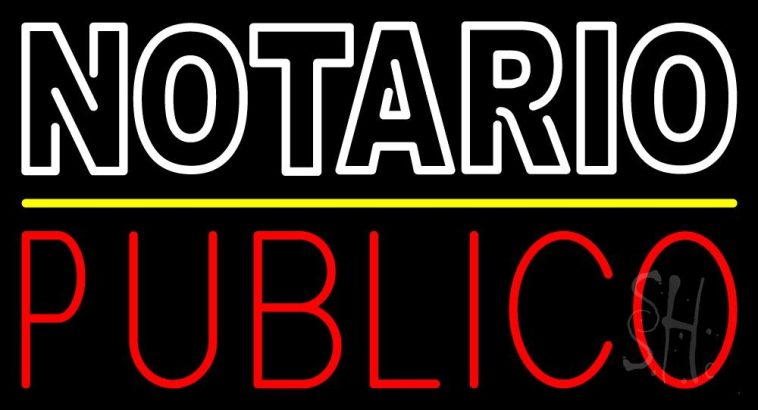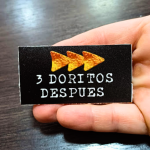Notario Público
When Spanish-speaking students first come across the term Notario Público, they are often tempted to translate it directly as Notary Public. After all, the words look the same, and in both cases we are talking about someone who signs and stamps legal documents. But the truth is that the role of a Notario Público in Mexico, Italy, France, Brazil, and other civil law countries is very different from the more limited role of a Notary Public in the United States. Understanding this difference is important not only for vocabulary, but also for avoiding cultural and legal confusion.
In Mexico, a Notario Público is a highly trained legal professional. To earn this title, one must have a law degree and then pass a very competitive examination. Once approved, the Notario Público has broad powers: authenticating contracts, property transactions, wills, corporate documents, and other legal instruments. Their word carries legal weight because they are seen as impartial guarantors of legality. Italy, France, and Brazil follow a similar system, where a notaio (Italian), notaire (French), or tabelião (Brazilian Portuguese) is a lawyer with advanced qualifications. These professionals ensure the validity of contracts and transactions, often acting as a bridge between private citizens and the state.
In sharp contrast, a Notary Public in the United States has a much more limited role. They do not need a law degree, and in many states the process to become one is relatively simple—sometimes requiring only a short course, a test, or even just an application. The main function of a U.S. Notary Public is to witness signatures, administer oaths, and verify identities. Their stamp or seal confirms that the person who signed a document appeared in front of them and provided valid identification. Unlike in Mexico or Italy, the U.S. Notary does not draft contracts, interpret laws, or ensure that the content of a document is legally sound.
This difference often surprises students and immigrants. For example, someone from Mexico may mistakenly assume that a U.S. Notary Public can give legal advice, when in reality that could even be considered unauthorized practice of law. On the other hand, an American living in Mexico might be shocked to discover how powerful and respected the position of Notario Público is.
The comparison is a good reminder that even when words look the same, culture and law shape their meaning. A Notario Público in Latin America or Europe is a prestigious legal authority, while a Notary Public in the United States is essentially a certified witness.
In Spanish, there is also a rich vocabulary connected to the Notario Público. The place where the notary works is called Notaría, and the institution or body of notaries as a whole is known as the Notariado. A notary’s official stamp or seal is often called the sello notarial. In everyday conversation, people might simply say voy a la notaría (I am going to the notary’s office), which in Mexico or Spain has a much more formal and binding meaning than just going to see a notary public in the United States.
Two examples
In Mexico, Notario Público is not just a title—it reflects real legal status. A typical path includes earning a law degree (Licenciado en Derecho), passing demanding practical and theoretical exams, and receiving a formal appointment from a governor. So yes, a Mexican Notario Público must hold a law degree and be a licensed professional.
In Italy, the equivalent professional is called a notaio, and the expectations are similarly rigorous. After earning a university law degree—formally referred to as dottore in Italian (a general title for university graduates)—candidates must complete a notarial apprenticeship and pass a highly competitive national examination. Only then can they become a notaio with full legal authority.
Disclaimer: This article is for cultural and educational purposes only. It is not legal advice, and it should not be relied upon for making legal decisions. If you need legal guidance, always consult a licensed professional in your country.




